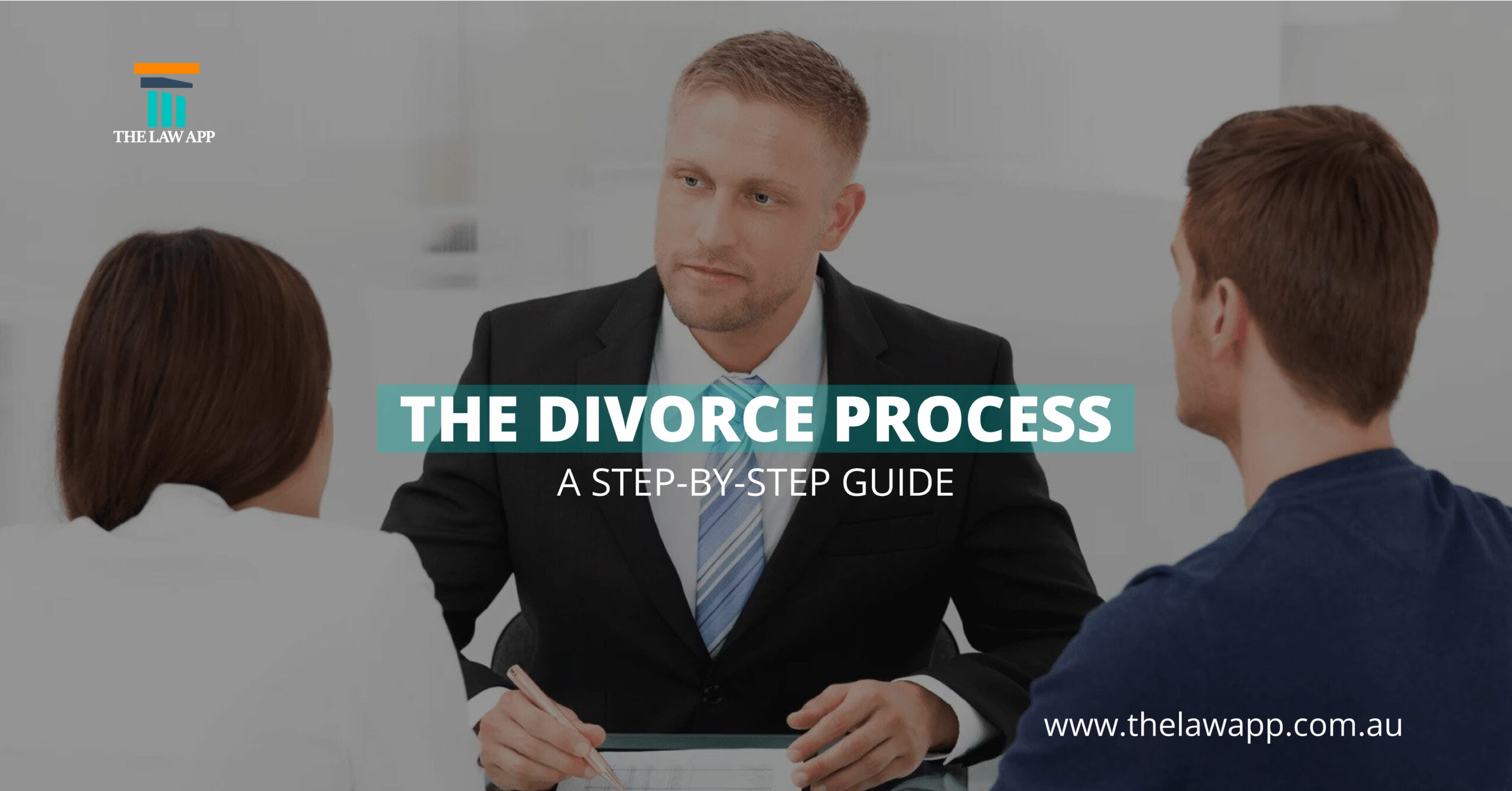
Divorce is a difficult situation for both parties involved, and the process can be complicated. Knowing the steps to take and what to expect can help make the process smoother. This guide will provide a step-by-step overview of what you need to know about how to get a divorce.
The first step to understanding the divorce process is to understand the different types of divorce available. Contested and uncontested divorces refer to the agreement of both parties in the divorce. In a contested divorce, both parties cannot agree on the terms of the divorce, whereas in an uncontested divorce, both parties have agreed to the terms. No-fault and fault-based divorces refer to the reason for the divorce. In a no-fault divorce, the marriage is dissolved without assigning blame to either party, whereas in a fault-based divorce, one party is held responsible for the breakdown of the marriage. An annulment is a legal process that voids a marriage, as if it never happened.
Before filing for divorce, you must meet certain residency requirements. Generally, you must have lived in the state for a certain period of time, usually at least 6 months, in order to file for divorce. Additionally, you must meet certain separation requirements. In most states, this involves living apart from your spouse for a certain period of time, usually 6 months or more. Once you meet the residency and separation requirements, you can begin the divorce process.
 Before filing for divorce, it is important to prepare for the process. This includes gathering any necessary documents, such as financial records and tax returns. It is also important to get financially ready for the divorce, which may involve budgeting for the cost of the divorce. Finally, it is a good idea to seek legal advice from an experienced divorce attorney.
Before filing for divorce, it is important to prepare for the process. This includes gathering any necessary documents, such as financial records and tax returns. It is also important to get financially ready for the divorce, which may involve budgeting for the cost of the divorce. Finally, it is a good idea to seek legal advice from an experienced divorce attorney.
Once you are prepared, you can begin the process of filing for divorce. This includes filing the petition with the court and serving the petition to your spouse. Once your spouse has been served, they must respond to the petition.
Once the petition has been filed and responded to, the process of negotiating the divorce agreement can begin. This involves determining the division of assets and debts, as well as child custody and support. Alimony may also be negotiated.
Mediation is an alternative dispute resolution process that can be used to assist in the negotiation of the divorce agreement. Mediation involves both parties meeting with a neutral third-party mediator to discuss and negotiate the terms of the divorce agreement. The mediator does not make decisions, but rather assists both parties in reaching an agreement.
Once the divorce agreement has been negotiated, the next step is to obtain a final judgment from the court. This may involve submitting the agreement to the court for approval or attending a hearing. The agreement can also be modified after it is finalised.
Divorce can be an emotional process, and it is important to find support during this time. This may involve seeking counseling, attending a support group, or talking to friends and family.
It is important to understand how the divorce will affect your taxes. This includes understanding your filing status and the deductions and credits that you may be eligible for.
 There are alternatives to the traditional court process that can help keep your divorce out of court. Collaborative divorce is a process in which both parties and their lawyers work together to negotiate the terms of the divorce agreement. Arbitration is another form of alternative dispute resolution in which the parties present their case to an arbitrator who makes the final decision.
There are alternatives to the traditional court process that can help keep your divorce out of court. Collaborative divorce is a process in which both parties and their lawyers work together to negotiate the terms of the divorce agreement. Arbitration is another form of alternative dispute resolution in which the parties present their case to an arbitrator who makes the final decision.
It is important to have legal representation during the divorce process. This includes choosing the right lawyer for your situation and understanding the costs associated with retaining a lawyer.
Divorce can be complicated, and there may be difficult situations that arise during the process. This includes high conflict situations and domestic violence. It is important to be aware of these situations and seek help if needed.
It is important to avoid common mistakes during the divorce process. This includes not seeking legal advice and not budgeting for the cost of the divorce.
Once the divorce is finalised, it is important to establish boundaries and make a fresh start. This includes refocusing your energy on yourself and your future.
Divorce can have a significant impact on children, and it is important to take steps to protect them during the process. This includes minimising conflict and communicating effectively.
Financial mistakes can be costly during the divorce process. This includes understanding your assets and avoiding unnecessary spending.
Divorce is a difficult process, but there are ways to make it easier. This includes taking care of yourself emotionally and physically, and seeking professional help if needed.
What is the difference between contested and uncontested divorce?
A contested divorce is one in which both parties cannot agree on the terms of the divorce, whereas an uncontested divorce is one in which both parties have agreed to the terms.
What documents should I gather before filing for divorce?
It is important to gather financial records and tax returns before filing for divorce.
What is mediation and how can it help with divorce?
Mediation is an alternative dispute resolution process that can be used to assist in the negotiation of the divorce agreement. The mediator does not make decisions, but rather assists both parties in reaching an agreement.
How do I obtain a final judgment from the court?
Once the divorce agreement has been negotiated, it must be submitted to the court for approval. Depending on the state, this may involve attending a hearing.
What are the common mistakes to avoid during divorce?
Common mistakes to avoid during divorce include not seeking legal advice and not budgeting for the cost of the divorce.
How can I protect my children during divorce?
It is important to take steps to protect your children during the divorce process. This includes minimising conflict and communicating effectively.
What tips an help me survive divorce?
Tips for surviving divorce include taking care of yourself emotionally and physically, and seeking professional help if needed.
We would like to extend an invitation to you to stay connected with The Law App by joining our social networks from footer section and rate us on Google Map. At The Law App, we believe in the power of community, and we are always looking for new ways to connect with our users.
Come and join us at The Law App! We are an online platform that connects you with experienced lawyers in Brisbane, Queensland, Australia. Our goal is to make it easier and more affordable to find the legal advice you need. Our platform is easy to use and provides access to experienced lawyers who can help with all your legal matters. Sign up now and get the legal advice you need quickly and easily!